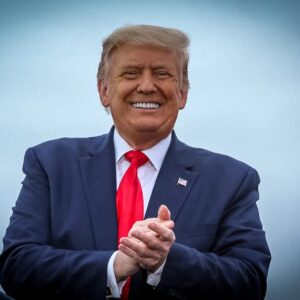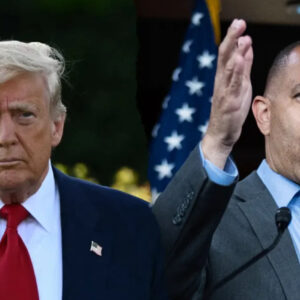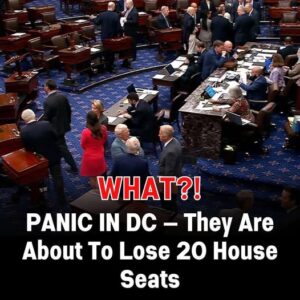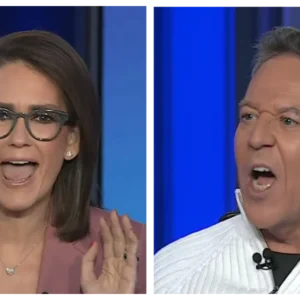Within the rapidly evolving political landscape, characterised by the dominance of campaign speeches and rally soundtracks on radio stations, a renowned voice has surfaced to contest the prevailing wisdom.
The legendary singer-songwriter Celine Dion, who is renowned for her stirring songs and mesmerising live performances, has set a firm boundary by forbidding former President Donald Trump from utilising her songs without her consent.
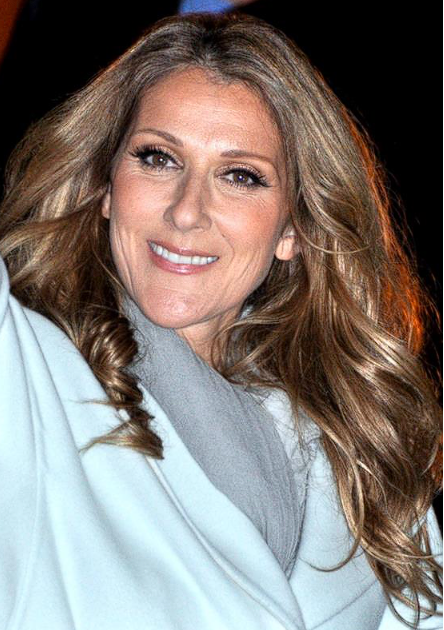
During a Montana event, Trump and his running mate decided to add an unexpected tune to their pre-speech playlist: a clip of Celine Dion singing “My Heart Will Go On,” the hit song from the Titanic movie. Dion and her management team viewed this decision as a flagrant contempt for her artistic integrity and a breach of her intellectual property rights, even though some may view it as a reference to the emotional depth of her music and her enduring appeal.
Dion’s staff made it clear in a statement shortly after the event that Trump did not have permission to utilise Dion’s music for his political campaign. Additionally, they asked a pertinent question: Why did Trump select this particular song? When her music was used without permission, Dion responded with determination and speed. She made it clear that she would not put up with her work being used for political gain.
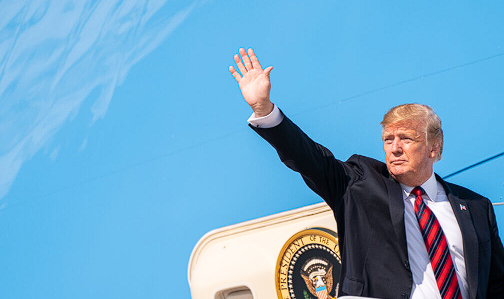
Dion took a daring stand and declared that “My Heart Will Go On” will no longer be used.This was a direct statement to Trump and his group that they had gone too far. This brave move highlighted Dion’s steadfast dedication to preserving her creative legacy and brought attention to the more significant problem of politicians exploiting intellectual property without authorisation.
Dion’s opposition to Trump’s unauthorised use of her songs is a part of a broader movement in which public personalities and celebrities are standing up for their rights and refusing to be used as props in politics. Numerous singers, artists, and celebrities have voiced their opposition to politicians and political campaigns utilising their creations without their consent.
Trump was chastised by Rihanna for playing her music at a rally, and the Rolling Stones insisted that he stop utilising their songs. The message is very clear: famous people won’t accept to their work being utilised for political purposes without their permission.
